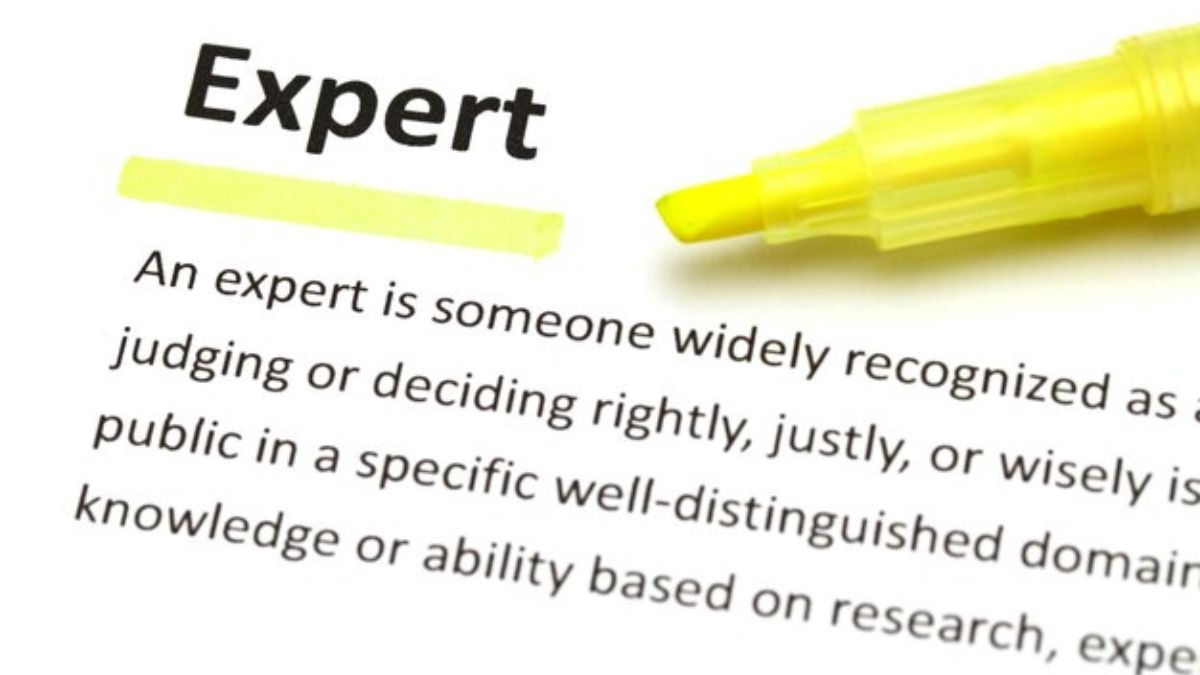Introduction:
The Hong Kong Diploma of Secondary Education (DSE) English exam is a significant milestone for students aiming to demonstrate their proficiency in the language and secure a place in their desired tertiary institution.
With the 2024 exams approaching, it’s crucial for students to refine their skills and adopt effective tutoring strategies to achieve success. We will explores top strategies for mastering DSE English and ensuring that your preparation is both comprehensive and efficient.
Understanding the DSE English Exam Structure:
Overview of the Exam Components
The DSE English Tutoring [dse英文補習]exam comprises several components: Reading, Writing, Listening, and Speaking. Each section tests different skills, and a thorough understanding of the exam format is essential for effective preparation.
- Reading: This component evaluates comprehension through various text types, including narrative, expository, and argumentative texts.
- Writing: Students are required to produce different types of writing, such as essays, reports, and letters.
- Listening: This part assesses the ability to understand spoken English through conversations, interviews, and discussions.
- Speaking: The speaking test involves individual and group tasks that assess fluency, pronunciation, and interaction skills.
Key Areas for Focus:
To excel, students should focus on improving their reading comprehension, writing clarity, listening accuracy, and speaking confidence. A well-rounded approach ensures that all aspects of the exam are covered.
Effective Tutoring Strategies for 2024:
-
Personalized Learning Plans
Each student has unique strengths and weaknesses. Personalized tutoring plans address these individual needs by focusing on areas that require improvement. Tutors should assess students’ current level, identify gaps in knowledge, and create a customized study plan that targets specific skills.
-
Regular Assessments and Feedback
Incorporate regular assessments to track progress. Constructive feedback helps students understand their mistakes and learn from them, ensuring continuous improvement.
Interactive Learning Techniques:
-
Engaging with Multimedia Resources
Utilize multimedia resources such as interactive reading materials, educational videos, and online listening exercises. These tools make learning more engaging and help students better grasp complex concepts.
-
Incorporating Real-Life Scenarios
Simulate real-life scenarios to practice language skills. For example, role-playing exercises for the speaking test or discussing current events can enhance students’ ability to use English in practical situations.
Emphasizing Critical Thinking:
-
Developing Analytical Skills
Encourage students to think critically about texts and topics. Analyzing arguments, identifying biases, and evaluating evidence are essential skills for the reading and writing components.
-
Practicing Essay Planning
Teach students how to plan and structure their essays effectively. A clear outline and organized arguments contribute to higher writing scores.
Enhancing Listening and Speaking Skills:
-
Active Listening Exercises
Improve listening skills through active listening exercises. Practice with diverse audio materials, such as podcasts, news reports, and interviews, to develop the ability to understand different accents and speaking styles.
-
Mock Speaking Tests
Conduct mock speaking tests to help students become familiar with the test format and build confidence. Provide feedback on their pronunciation, fluency, and ability to respond to questions effectively.
Time Management and Exam Techniques:
-
Effective Time Management
Teach students how to manage their time efficiently during the exam. Practice timed exercises to help them become accustomed to the pace required for each component.
-
Strategic Exam Techniques
Share strategies for tackling different types of questions. For example, teach students how to identify key information quickly in reading passages or how to structure their essays to meet exam requirements.
Additional Tips for Success:
-
Stay Motivated and Positive
Encourage students about English Tutoring [英文補習] to maintain a positive attitude and stay motivated throughout their preparation. Regular encouragement and celebrating small achievements can boost their confidence and commitment.
-
Seek Support When Needed
If students struggle with certain areas, seeking additional support from tutors, study groups, or online resources can be beneficial. A collaborative approach to learning can provide different perspectives and enhance understanding.
Conclusion:
Mastering the DSE English exam requires a combination of effective tutoring strategies, personalized learning, and consistent practice. By focusing on key areas, employing interactive learning techniques, and developing critical thinking and time management skills, students can enhance their performance and achieve their desired results. With the right preparation and support, success in the DSE English exam is well within reach.
Whether you’re a student gearing up for the DSE English exam or a tutor helping others prepare, adopting these strategies will pave the way for success in 2024. Embrace the challenge with confidence, and watch your efforts translate into outstanding results.











